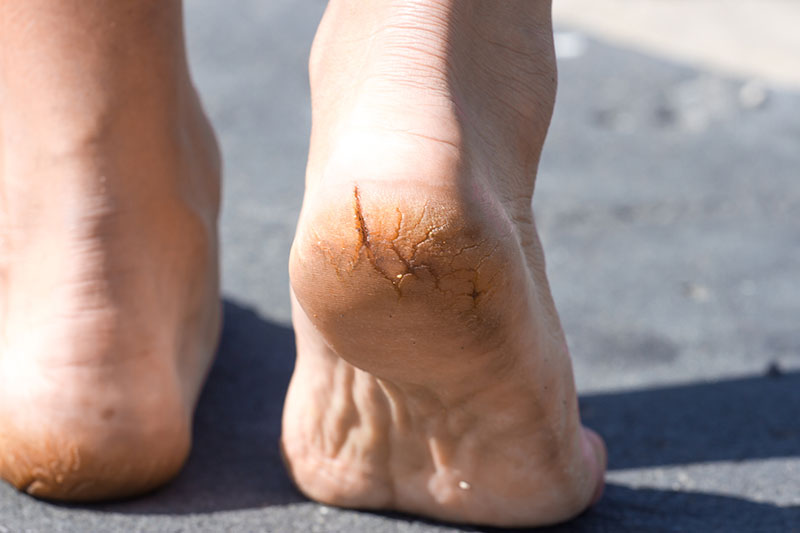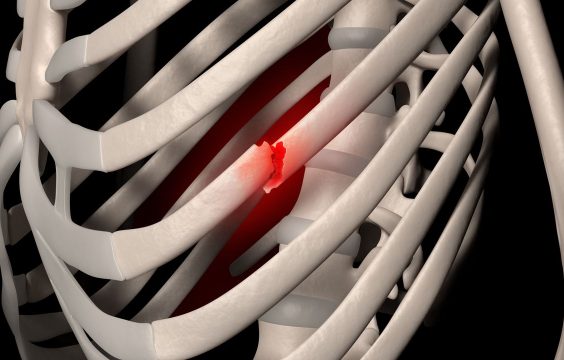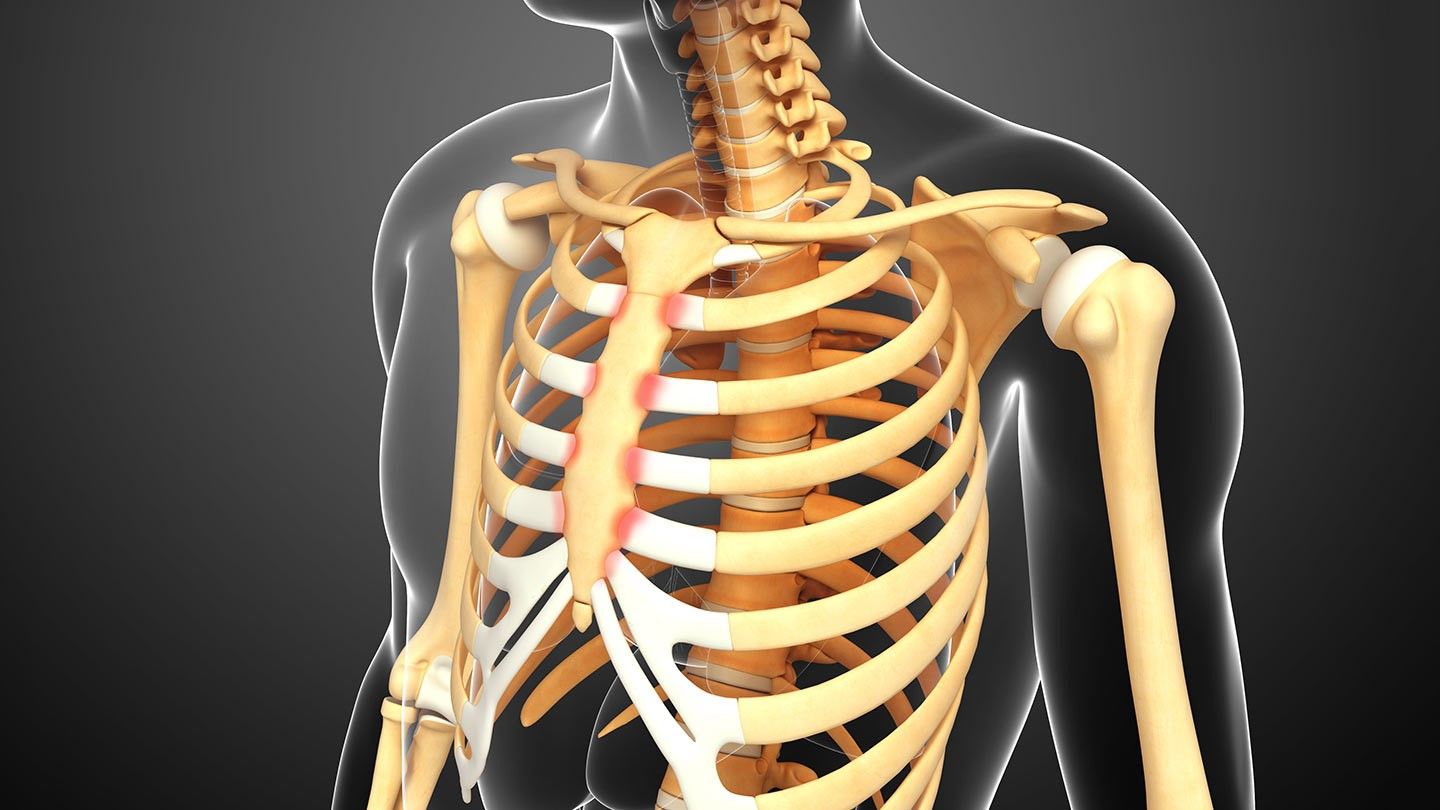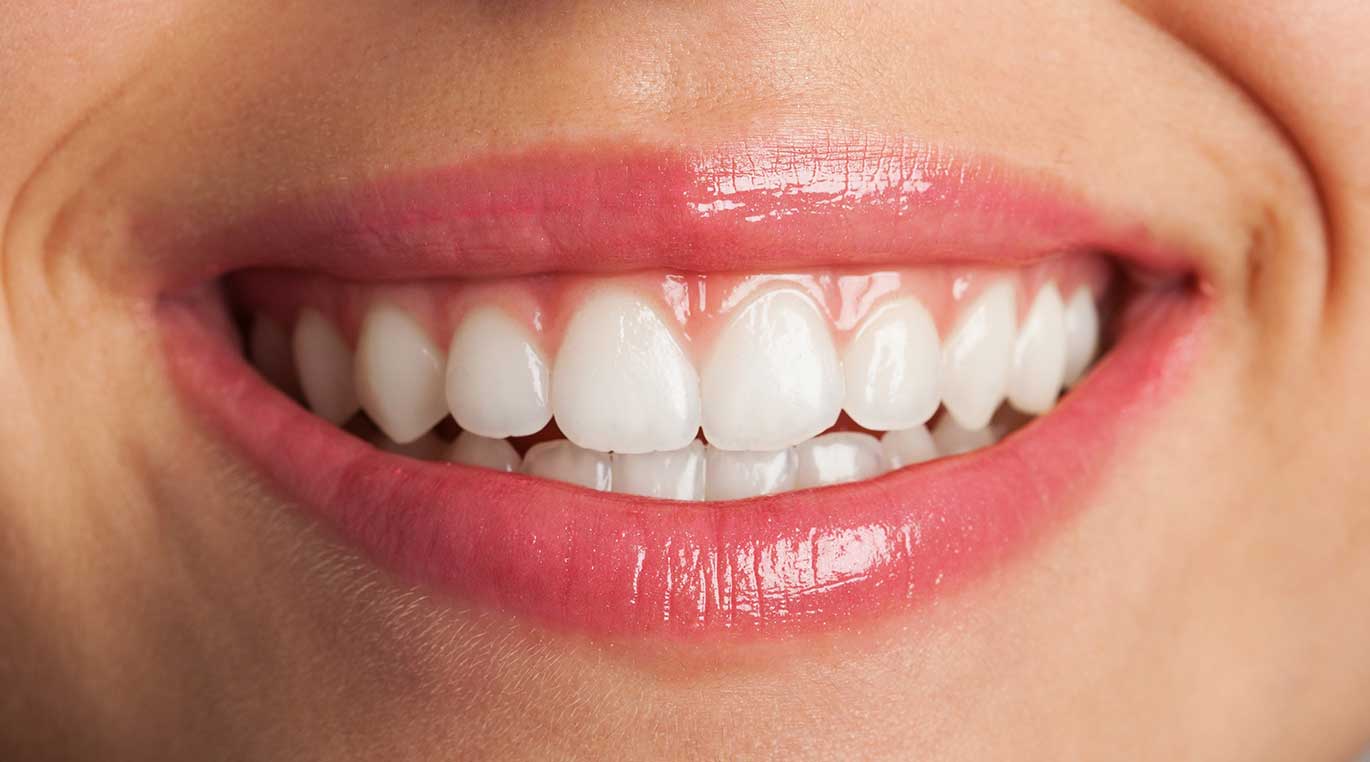Everything about liver disease and its symptoms and types
The liver is the body’s largest internal organ, which plays a vital role in digestion, the digestive system, and metabolism, helping store energy and convert essential micronutrients into beneficial forms. This organ is responsible for metabolic functions and the conversion of nutrients from the diet to the body and removes toxins. The liver produces bile, bile salts are used to digest and absorb fat, and fat-soluble vitamins and bilirubin, the end product of red blood cell destruction, combine with the liver and are excreted through the bile.
Accumulation of fat in liver cells leads to inflammation of these cells, fat deposits in the liver, and fatty liver formation. There are five grams of fat in 100 grams of liver weight, but if the amount of fat is more than five percent of the importance of the liver, this condition is called “fatty liver.”
Any damage to the liver can cause problems in the body. If the whole liver is destroyed, survival is impossible, but 10-20% of the total liver is enough for the body.
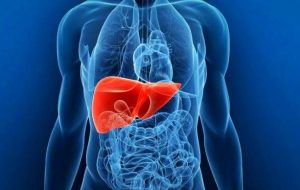
Common symptoms of liver disease:
Fatty liver disease has no specific symptoms and can detect liver enzyme abnormalities through periodic tests and ultrasound.
A person with a liver disorder may experience a decrease in red blood cell storage, followed by fatigue and discomfort in the upper abdomen.
Fat deposition in the liver also causes weakness, anorexia, nausea, abdominal discomfort, and enlarged liver.
Jaundice of the skin, nails, and eyes, sudden weight loss, nose and gum bleeding, and nausea and vomiting are other symptoms of liver failure.
If the liver is severely damaged, the body does not pass blood through the liver. Still, it returns the blood to the liver, which causes blood to enter the esophagus and gastrointestinal tract, causing the patient to bleed or vomit.
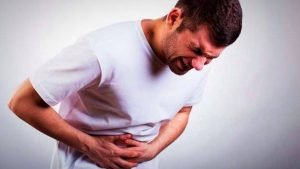
Excessive itching of the skin:
Excessive itching of the skin sometimes turns into biliary disease with obvious symptoms and is the first sign of severe itching. A person may have allergies, but if this happens regularly, you should see a doctor and determine why.
Jaundice of eyes and skin
The whites of your eyes may gradually turn yellow, which is scary for you. Jaundice may be due to high bilirubin levels in the body, a yellowish pigment that accumulates in the liver but can also indicate liver problems.
Overweight
If you suddenly notice that you are overweight, you should check your liver. There are cases in which healthy liver tissue is damaged, blocking blood flow to the liver and causing organ dysfunction that can lead to weight gain.
Weight loss
Sudden weight gain can be a sign of liver damage, and weight loss is a significant symptom. Excess weight loss can be a sign of hepatitis C, indicating an infection or inflammation of the liver.
Redness of the palm
Sudden redness occurs in some people and may indicate a fatty liver, a large amount of fat stored in the liver cells.

Sleep pattern disorder
Many things can disrupt a person’s sleep pattern. One of them is liver problems that make a person unable to rest at night, and as a result, his whole condition is disrupted.
Poor memory
Forgetting is one of the most common, but there is probably a more severe problem if forgetfulness has increased recently. When you have liver failure, the body can not correctly excrete toxins from the blood, and as a result, these toxins remain in the brain, and memory is lost.
Constant fatigue
Do you feel tired all the time lately? Liver disease may be the cause of this fatigue. One of the most common symptoms of liver disease is chronic fatigue, which can cause changes in the nerve fibers in the brain, resulting in persistent fatigue.
Loss of appetite
Where you used to eating enough or maybe too much before? But aren’t you hungry lately? Another common symptom of liver damage is a feeling of extreme hunger.
Breast enlargement in men
One of the most common warning signs of fatty liver is an increase in breast size in men. Overgrowth of breast tissue occurs when the hormones testosterone and estrogen lose their balance, which can be due to liver failure.
Change of character
Changing personalities can be scary. Sometimes others notice your personality changes before you know it. This is due to the presence of toxins in the brain that are not eliminated by the liver, and as a result, mental function decreases and causes you not to behave as usual.
Comfortable bruising of the skin
As you age, your body begins to lose weight, but dark spots also decrease, which no one knows the cause of, but if these spots are in your youth and your skin turns blue quickly, there may be problems like poor liver function.
Ankle swelling
Liver disease can be caused by alcohol abuse or obesity and is one of the warning signs. If you feel bloated and swollen, be sure to see a specialist.
Feeling confused
Unfortunately, liver disease can be a factor in the inability to understand some things, and as a result, the person becomes very confused and can not quickly return to normal.
Having body pain
You may not work very hard, but you feel pain all over your body. One of the reasons for this problem can be related to liver failure, usually accompanied by itchy skin. These people typically feel pain in the muscles, joints, and bones.

Feeling bloated
If you bloat after a heavy meal, it has nothing to do with the liver because it may be due to a significant fluid accumulation in your abdomen. Still, persistent bloating is one warning sign of liver damage that you should see a doctor.
Dark urine
Dark urine can shock you, but it can also be a sign of liver damage. Because bilirubin is responsible for yellowing the eyes and skin, it can also change urine color.
Decentralization
We all have trouble concentrating sometimes. Sometimes it seems that our brain does not work at all. If you feel you are constantly losing focus, your liver may be damaged.
You always feel shivering and cold.
Even with a blanket, feeling very cold can be a sign of liver disease and may occur if bile is wholly drained or lost.
Dry eyes and mouth
There are several causes for dry eyes and mouth, one of which may be due to medications, but sometimes more severe cases need to be considered. For example, liver failure can be one of the causes of dryness.
Types of liver disease:
Liver problems include a wide range of diseases and disorders that damage liver tissue or its function. There are several types of liver disease. Viruses such as hepatitis A, hepatitis B, and hepatitis C, cancer, drug use, toxins, and excessive alcohol consumption can cause liver dysfunction. If the liver is sore due to disease, it is called cirrhosis.
Essential factors in fatty liver disease
- Excessive use of housing
- Obesity
- blood fat
- Diabetes
- alcohol consumption
- Su nut nutrition and Su ration nutrition
- Poisoning with some toxins and solvents
- Oral use of some medications such as tetracycline, valproic acid and amiodarone, and corticosteroids
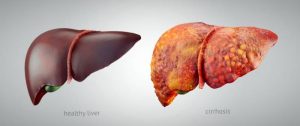
Is Fatty Liver a Dangerous Disease?
This disease is not dangerous, but if not treated in time, a lot of fat accumulates in the liver and causes inflammation of the liver cirrhosis.
Cirrhosis of the liver:
It is a chronic liver disease caused by liver diseases such as hepatitis B, liver alcohol, and autoimmune diseases. Fibrous tissue is increased, and the typical structure of the liver is destroyed. Cirrhosis has several clinical manifestations, such as:
- Feeding Sue Nuts
- Abdominal water retention (ascites)
- Hepatic encephalopathy
- Changes in blood sugar
Treatment of the fatty liver:
There is no specific treatment for fatty liver, but the following can help treat fatty liver:
- Weight Loss
- Treatment of hyperlipidemia
- Treatment of diabetes
- Stop taking the causative drugs
- Use the properties of some plants and extract them
Diet and some health instructions for treatment:
- Exercise optimally to lose weight and maintain your general fitness.
- Eliminate saturated fats from your diet.
- Avoid high-fat milk and yogurt.
- Use unsaturated margarine or liquid oils instead of butter and animal fats.
- Use minimal oil in cooking.
- Do not eat liver, nuts, offal, sweets, and snacks.
- Eat more fruits and vegetables.
- Do not add sauce to your salad, and add lemon juice.
- Use fish and chicken instead of red meat.




